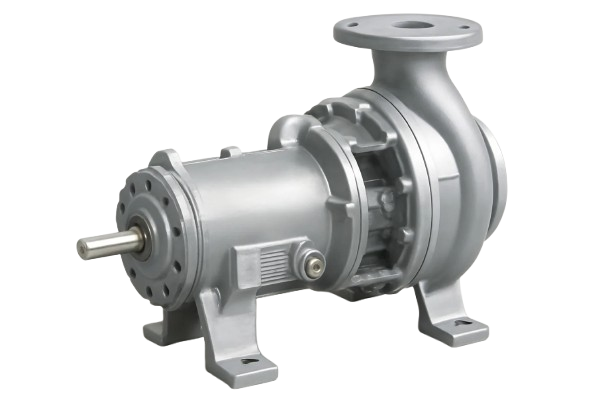
How to use Chemical Pumps in Industries
Share

Chemical Pumps are essential in industrial operations for safely transferring and handling a wide range of chemicals, including corrosive, toxic, and abrasive fluids. Their use in industries such as chemical processing, pharmaceuticals, water treatment, oil and gas, food and beverage, and agriculture is critical for both process efficiency and safety.
How to Use Chemical Pumps in Industries:
-
: Choose a pump type based on the chemical’s properties (e.g., temperature, viscosity, corrosiveness), required flow rate, and pressure. Common types include:
-
: Ensure pumps are installed according to manufacturer guidelines, with attention to:
-
:
-
: Some chemical pumps require priming before operation, while others are self-priming.
-
: Continuously monitor flow rate, pressure, temperature, and energy input to prevent failures and maintain efficiency.
-
: Use variable frequency drives and automated control systems for precise flow and pressure regulation.
-
: Implement alarms and interlocks to prevent operation under unsafe conditions (e.g., dry running, deadheading).
-
-
:
-
:
"Pumps are at the core of the chemical processing industry. They transfer chemicals between processing stages, storage tanks, and transportation vessels... The choice of pump depends on the properties of the chemical being handled, such as temperature, viscosity, and corrosiveness."
By following these guidelines, industries can ensure safe, efficient, and reliable use of chemical pumps in their operations, minimizing risks to personnel and the environment while maintaining process integrity.
